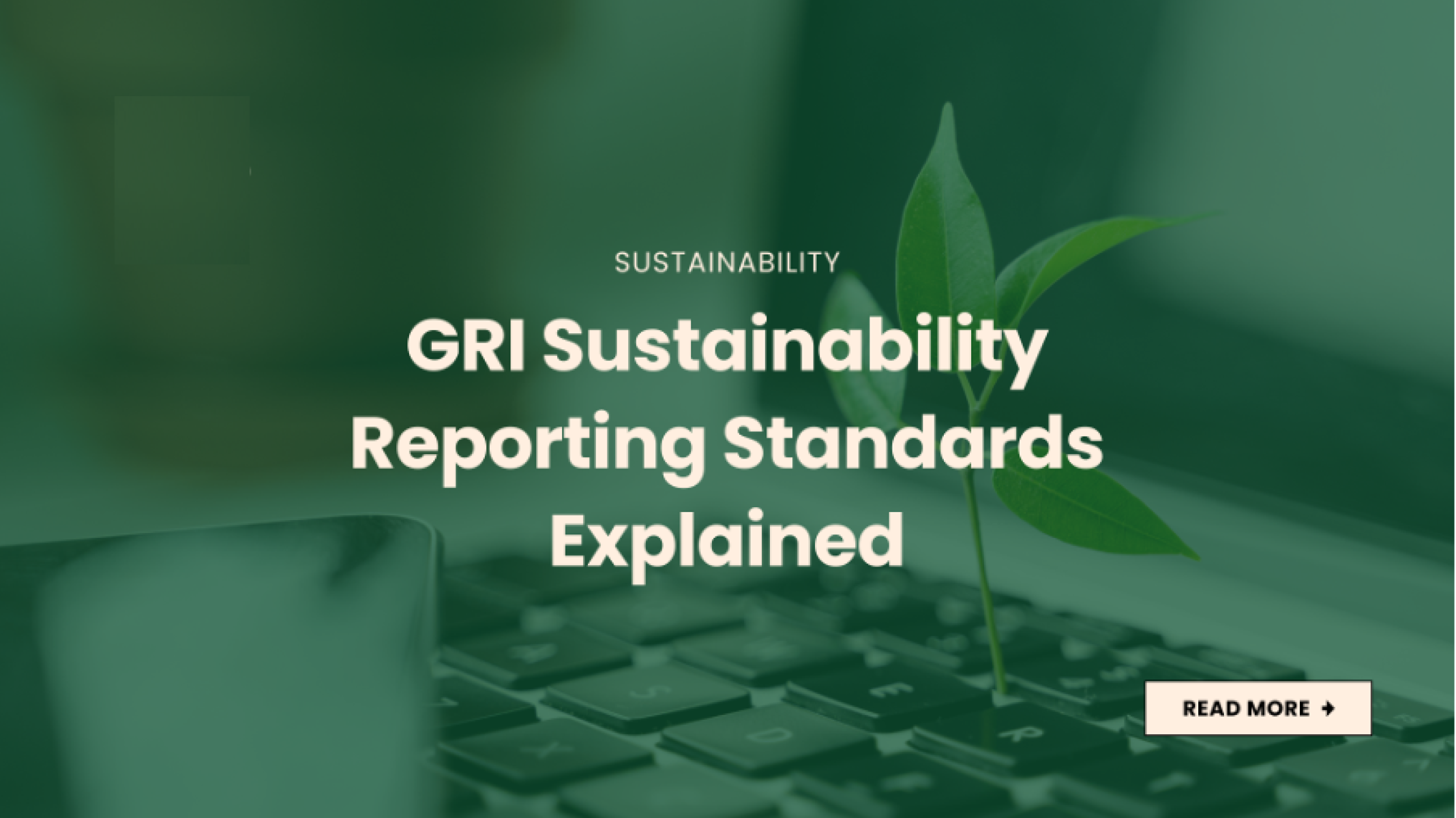With increasing awareness of environmental responsibility, more companies are prioritising sustainable practices. However, achieving tangible sustainability requires rigorous measurement and transparency. The Greenhouse Gas (GHG) Protocol has emerged as the gold standard for businesses looking to measure and manage their emissions accurately. This protocol, developed through a partnership between the World Resources Institute (WRI) and the World Business Council for Sustainable Development (WBCSD), provides frameworks for calculating greenhouse gas emissions, helping companies make informed steps toward climate goals.
What is the GHG Protocol?
The GHG Protocol offers a comprehensive standard for measuring, managing, and reporting greenhouse gas emissions. Its framework is divided into three “scopes” that categorise emissions:
Scope 1: Direct emissions from owned or controlled sources, like fuel combustion.
Scope 2: Indirect emissions from purchased electricity, heat, and steam.
Scope 3: Other indirect emissions within the supply chain, including purchased goods, waste, and employee commuting.
This categorization allows companies to understand their entire carbon footprint, not just what they directly emit but also the indirect impacts across their value chain. By breaking emissions down into these scopes, businesses can pinpoint specific areas for reduction and develop targeted strategies for improvement.
Why the GHG Protocol is Crucial for Sustainable Business Practices
Building Accountability and Transparency: The GHG Protocol sets standards that foster transparency in reporting, making it easier for stakeholders, from investors to customers, to understand a company’s impact on the environment. Consistent measurement is key to reliable reporting and builds trust in a company’s sustainability efforts.
Driving Emission Reductions: The protocol doesn’t just measure emissions; it also provides a foundation for reduction strategies. By identifying emissions sources across Scope 1, 2, and 3, businesses can target areas with the highest impact. For instance, companies can invest in renewable energy to address Scope 2 emissions or optimise logistics to reduce Scope 3 emissions, contributing to overall emission reductions.
Enhancing Market Competitiveness: As sustainability becomes a key factor in consumer and investor decision-making, companies following the GHG Protocol enjoy a competitive advantage. Transparent reporting and genuine commitment to reducing emissions resonate with eco-conscious consumers and stakeholders, setting sustainable businesses apart.
Compliance with Regulatory Standards: Regulatory agencies worldwide are increasingly mandating climate disclosures, with frameworks often based on the GHG Protocol. For example, the EU’s Corporate Sustainability Reporting Directive (CSRD) and the U.S. SEC’s climate disclosure proposals align with GHG Protocol standards. Businesses that adopt these standards early can adapt to new regulations with ease, avoiding potential penalties.
Supporting Science-Based Targets (SBTs): For businesses committed to aligning with global climate goals, setting Science-Based Targets (SBTs) requires an emissions inventory based on the GHG Protocol. SBTs are targets that align with the Paris Agreement, ensuring businesses aim for reductions that keep global temperature rise within 1.5°C above pre-industrial levels. Following the GHG Protocol allows companies to set credible targets that align with international climate science.
How ClimeKare Supports Businesses with the GHG Protocol
ClimeKare is dedicated to helping businesses implement the GHG Protocol standards, from calculating their baseline emissions to setting and achieving reduction goals. We provide tools and expertise to ensure accurate measurement across all scopes and offer guidance for companies aiming for net-zero targets. With ClimeKare’s support, businesses not only comply with global standards but also make a positive environmental impact that is both measurable and meaningful.
Embracing a Sustainable Future with the GHG Protocol
For businesses dedicated to sustainability, the GHG Protocol is an invaluable tool. It offers a path to transparency, accountability, and action. By following the protocol, companies not only reduce their environmental impact but also contribute to global efforts in mitigating climate change. As more businesses adopt these standards, the collective impact can drive us toward a more sustainable future.
For companies looking to make a difference, ClimeKare provides the resources and expertise needed to fully leverage the GHG Protocol. Let’s make sustainable business the new standard.





